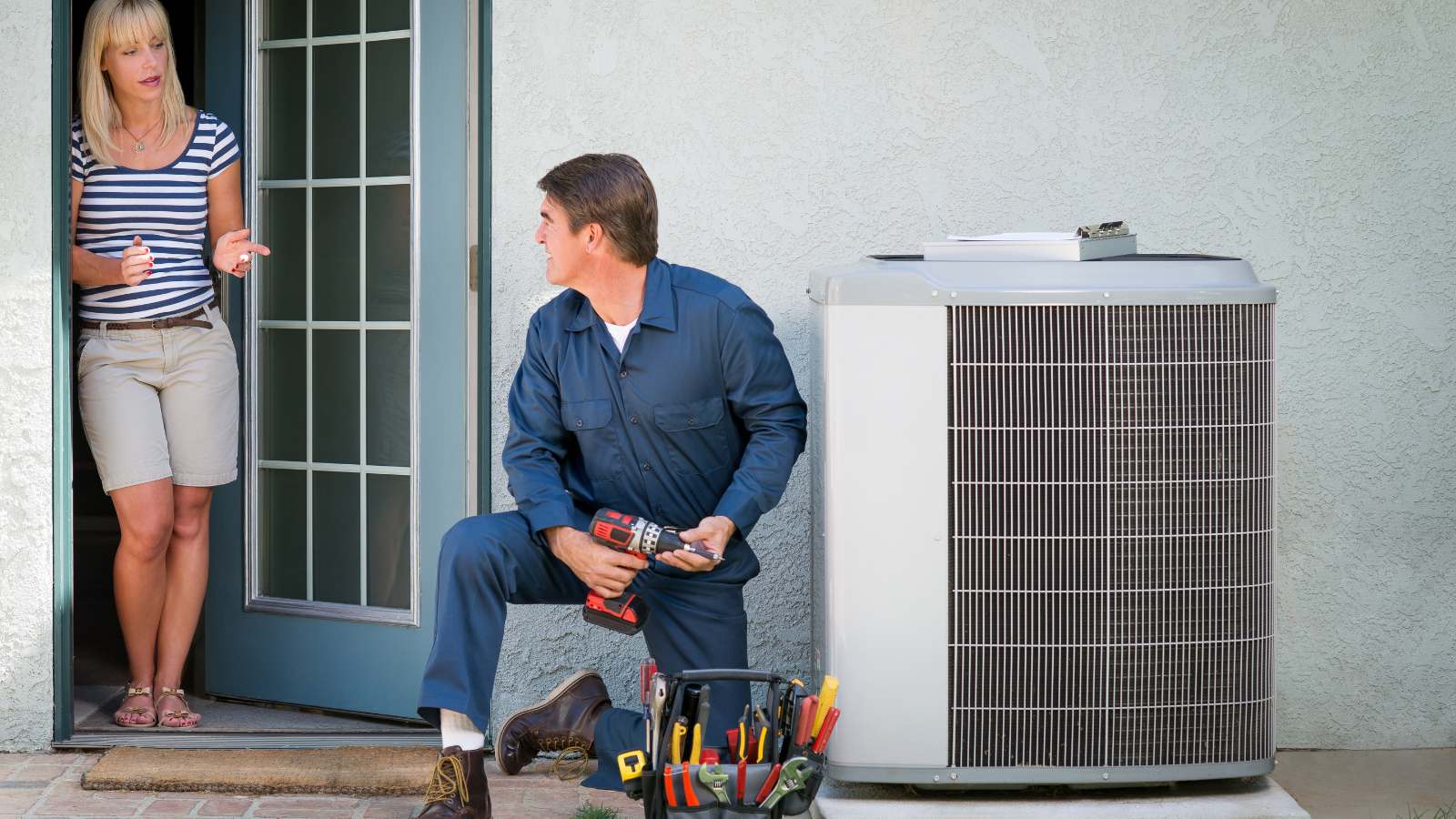
Spring and summer are peak seasons for home improvement projects—but they’re also prime time for fraudsters looking to take advantage of homeowners. As more people look to upgrade their homes, a new wave of home improvement scams has emerged.
How the Scam Works
Home improvement scams often involve fraudsters posing as legitimate contractors or repair professionals. Here's how these scams typically unfold:
- Unsolicited Contact
Scammers may show up at your door, call, leave flyers, or advertise online—offering quick and affordable home repair services, especially after storms or in areas with older homes. - Upfront Payment Requests
They ask for a large down payment to “secure materials” or “hold your spot on their schedule.” - No Show or Shoddy Work
After receiving payment, they either never return, do minimal work, or abandon the job before completion. - High-Pressure Tactics
Some scammers use scare tactics—claiming your roof or electrical wiring is unsafe—and pressure you to act immediately.
This year, there has been an increase in reports of scammers using fake business licenses, cloned websites, and fabricated reviews to appear legitimate. Some even impersonate reputable local contractors.
How to Protect Yourself Against This Scam
Whether you're planning a kitchen upgrade or repairing storm damage, these tips can help you stay safe:
1. Verify the Contractor
- Ask for their full business name, address, and license number.
- Cross-check with your local Better Business Bureau or state contractor licensing board.
- Read real reviews on trusted platforms like Angi, Google Reviews, or Yelp.
2. Get Multiple Estimates
- Don’t settle for the first offer. Get 2–3 written quotes to compare pricing and identify any red flags.
3. Avoid Large Upfront Payments
- Reputable contractors typically won’t ask for more than 10–30% upfront.
- Never pay in cash. Use a credit card or check for added security and payment tracking.
4. Insist on a Written Contract
- Make sure the contract clearly outlines the scope of work, materials, timeline, and payment terms.
- Read everything carefully—and never sign a blank or vague document.
5. Trust Your Instincts
- If something feels rushed, secretive, or too good to be true—it probably is.
- Take your time and don’t let anyone pressure you into making immediate decisions.
If you believe you’ve been targeted or scammed:
- Contact us immediately at 512-398-3416 so we can help protect your accounts.
- If you used a credit card or debit card, contact the number on the back of the card immediately.
- Report the scam to your local police and the Federal Trade Commission (FTC) at https://reportfraud.ftc.gov.
- Keep all contracts, receipts, and communications as documentation.
Stay vigilant, stay safe, and enjoy your home improvements—without the scams.

